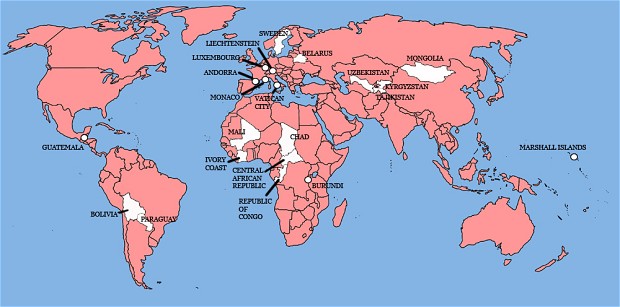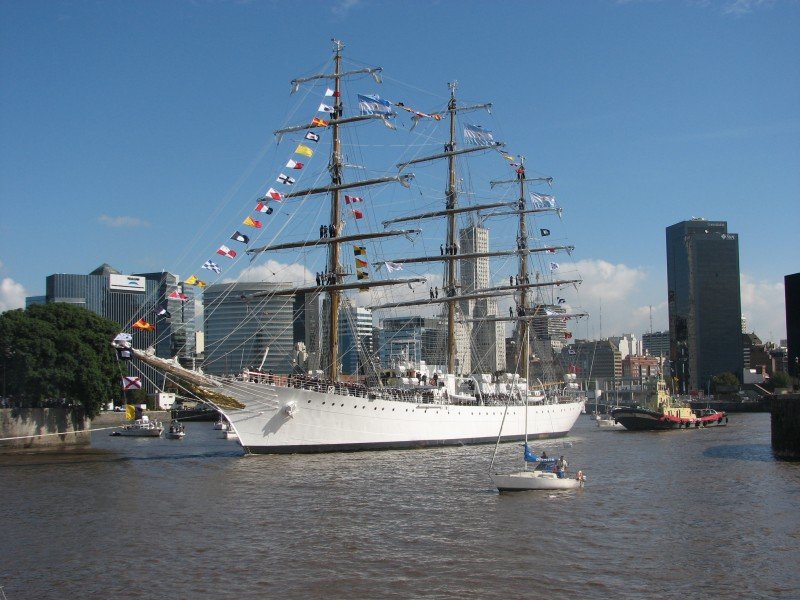Strategy Page on the plight of a number of kidnapped ship crews in the hands of Somali pirates and the hard times those pirates are facing themselves:
Somalia is a sad place and one of the saddest tragedies ever is being played out where pirates in the north are holding 40 sailors and several ramshackle ships that no one will pay a ransom for. These are seagoing fishing boats and small freighters owned by small operators with no insurance to cover ransoms and not enough cash, or inclination, to pay what the pirates demand. The negotiators (who work for the pirates) have explained all this to the pirate chiefs, who are facing hard times themselves and stubbornly refuse to face the fact that they will never get anything for these 40 sailors and their ramshackle ships (one of which recently sank at anchor). Just killing the remaining prisoners (some held for three years) and sinking the ships risks retribution from the anti-piracy patrol off shore. Countries the prisoners are from have been pressured to pay ransom, but all of them adhere to the “no negotiating with terrorists” code. There is growing pressure on the pirates to simply release the unwanted prisoners on “humanitarian grounds” and at least get some good press out of this mess. That’s a bitter solution for the pirates, who have not captured a ship that could be ransomed in over a year. Several pirate gangs have disbanded and those still around have shrunk and cut the payroll considerably.
The big time piracy is largely out of business because warship patrols and better security aboard large ships passing Somalia has made it nearly impossible to seize these vessels. Holding ships for ransom only worked initially because Somalia, a state without a government since 1991, provided small ports on the coast of East Africa where pirates could bring the merchant ships they had captured, and keep them there, safe from rescue attempts, until a ransom could be negotiated.
[…]
Pirates usually function on the margins of society, trying to get a cut of the good life in situations where there aren’t many options. This is usually in areas where state control is weakest or absent, in failing and “flailed” states (a flailing state is something like Nigeria, Indonesia, or the Philippines, where the government is managing to just barely keep things together, unlike a failed state such as Somalia, where there isn’t any government at all).
The solution to piracy is essentially on land, where you go into uncontrolled areas and institute some law and order and remove the pirate safe havens. This has been the best approach since the Romans eliminated piracy in the Mediterranean over 2,000 years ago. Trying to tackle piracy just on the maritime end can reduce the incidence of piracy but can’t eliminate it. In the modern world the “land” solution often can’t be implemented. Who wants to put enough troops into Somalia to eliminate piracy? And flailing states are likely to be very sensitive about their sovereignty if you offer to help them control marginal areas.
A new industry has developed that attempts to “pirate proof” ships operating off Somalia. The most successful (and most expensive) technique is to put a small number of armed guards on each ship. That, and warship patrols, has greatly reduced piracy off East Africa (Somalia). But off West Africa (especially the Gulf of Guinea) the piracy threat is growing because pirates have found ways to get more valuables off ships before security forces (police, coast guard, or navy) can show up.





